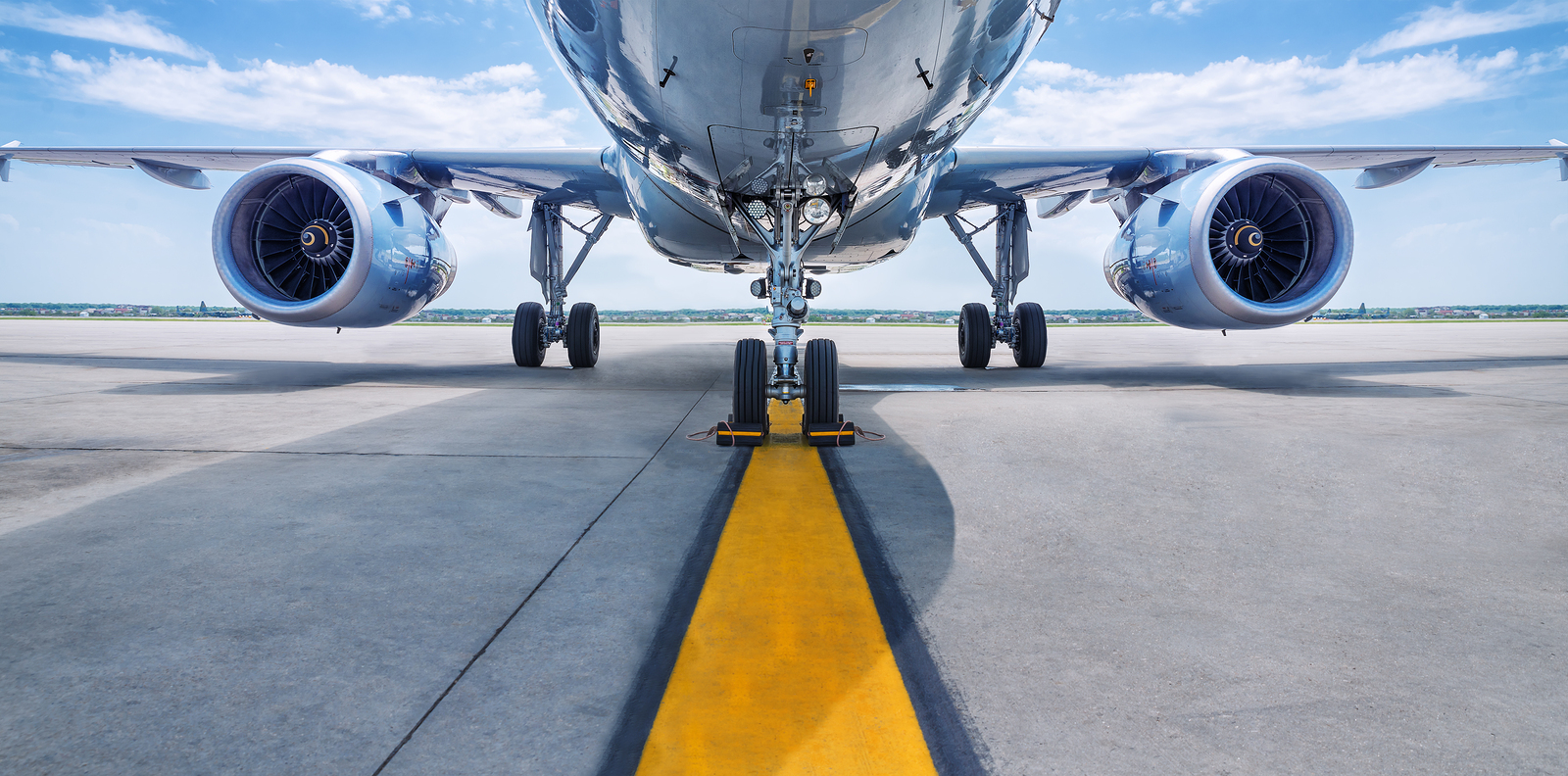Update! Travel During COVID-19

International travel during the ongoing global pandemic is complicated by many factors. As policies and circumstances continue to change, it is important to stay informed with up-to-date information:
Update! Mandated COVID Vaccinations for US Entry Ending – Effective May 12, 2023
The Biden Administration has announced that the COVID vaccination requirement for international air travelers will end on May 11, 2023. As of May 12, 2023, visitors on F and J visas are no longer required to show proof of being fully vaccinated with an accepted COVID-19 vaccine to board a flight to the United States. Please see the CDC Travel Requirements website for more information. Please note that, despite this change in U.S. policy, your airline may still require this documentation and you should follow their boarding requirements.
On April 4, 2022, the CDC (Centers for Disease Control and Prevention) issued an order which indicates that all non-immigrant travelers to the U.S. are required to be fully vaccinated with an approved U.S. FDA or WHO vaccine unless eligible for one of the few exceptions.
The government discontinued use of the National Interest Exception (NIE) waiver on November 7, 2021.
This order applies to all nonimmigrants with an F or J visa, including:
- New F-1 students (those with “initial attendance I-20s)
- Continuing F-1 students (those with “continued attendance” I-20s)
- Continuing F-1 students on OPT/STEM
- All J-1 students and scholars (new and continuing)
- All F-2 and J-2 dependents over the age of 18 (children under the age of 18 are not required to receive a vaccine to travel internationally)
The order states the following policies regarding travel:
- Prior to boarding a flight to the U.S., you must obtain and carry proof that you have received an approved COVID-19 vaccine OR proof that you meet one or more of the exceptions for receiving the vaccine.
- Current exceptions are limited, however they include participation in specific COVID-19 vaccine trials, persons with a documented medical condition which prevent COVID-19 vaccination, citizens of countries with limited COVID-19 vaccine availability, and more.
- If you do not qualify for an exception to this policy, you must be fully vaccinated on the date that you intend to arrive in the United States. Specific vaccination requirements vary according to to the type of vaccination you’ve received.
- If you do qualify for an exception, you may need to agree to being vaccinated and show proof of vaccination within 60 days of your arrival date
You can find more information detailing these policies on these web pages from the Centers for Disease Control and Prevention (CDC):
Requirement for Proof of COVID-19 Vaccination for Air Passengers (Noncitizen, Nonimmigrants)
Technical Instructions for Implementing Presidential Proclamation
Rescinded COVID Test Requirement for Travelers from China, Hong Kong, and Macau – Effective March 10, 2023
Effective March 10, 2023, the US Centers for Disease Control and Prevention (CDC) rescinded (canceled) the previous requirement that all international air travelers coming into the United States from mainland China, Hong Kong, or Macau to show proof of a negative COVID-19 test result.
View the CDC announcement here.
COVID Testing Recommendations Before and After US-bound Travel
Effective June 12, 2022, the US Centers for Disease Control and Prevention (CDC) will no longer require air passengers to provide proof of a negative COVID-19 test or proof of recent recovery from COVID-19 when traveling to the US from a foreign country. Vaccination requirements remain in effect (see section below). You can read more about this policy update on the CDC webpage. Previously, all air passengers aged 2 years or older were required to travel with proof of a negative COVID-19 viral test result. Testing before travel is still recommended.
Testing and Quarantine Recommendations After Arrival in the U.S. The Centers for Disease Control and Prevention (CDC) continues to recommend that air travelers do the following after travel:
- For all travelers, regardless of vaccination status, the CDC recommends scheduling a viral test 3-5 days after travel.
- Self-monitor for COVID-19 symptoms and isolate if you develop symptoms.
IMPORTANT: If you test positive after travel, you should isolate yourself to protect others from getting infected.
You can read more about testing recommendations on the After International Travel (CDC) webpage.
NC State testing: NC State is no longer offering on-campus COVID-19 testing. Students, staff, and faculty are encouraged to order home tests through the Campus Health Pharmacy.
Resumption of Visa Services
The U.S. Department of State continues to update their website on the phased resumption of routine visa services with new details on plans going forward. Since plans are made “on a post-by-post basis,” please contact your nearest U.S. embassy or consulate for updates on their services. An unexpired visa is always required to enter the U.S. as an F or J nonimmigrant with the exception of citizens of Canada or Bermuda, and circumstances where automatic visa revalidation applies.